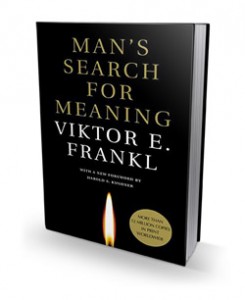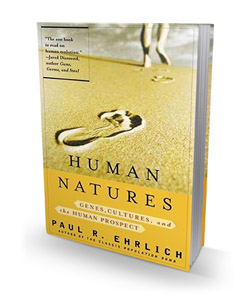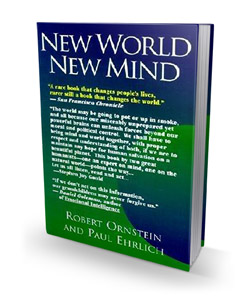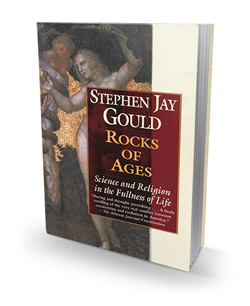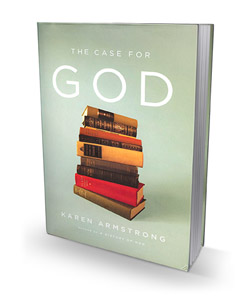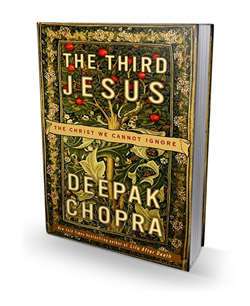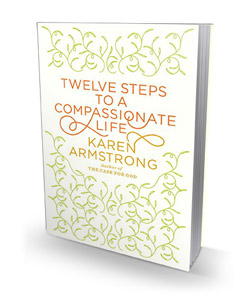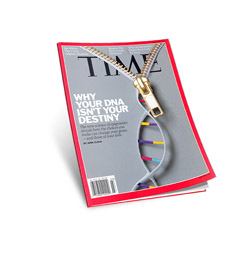Recommended Reading
Books and articles recommended by Peter covering the spectrum of human nature, spirituality, and morality.
Man’s Search for Meaning
Psychiatrist Viktor Frankl argues that we cannot avoid suffering but we can choose how to cope with it, find meaning in it, and move forward with renewed purpose.
Human Natures
Genes, Cultures, and the Human Prospect
Author Paul Ehrlich argues that human nature is not so much result of genetic coding; rather, it is heavily influenced by cultural conditioning and environmental factors.
New World New Mind
Moving Toward Conscious Evolution
We know what the problem is. The “solution” is not simple–to generate the social and political will to move a program of conscious evolution to the top of the human agenda.
Rocks of Ages
Science and Religion in the Fullness of Life
Writing with bracing intelligence and clarity, internationally renowned evolutionist and bestselling author Stephen Jay Gould sheds new light on a dilemma that has plagued thinking people since the Renaissance: the rift between science and religion.
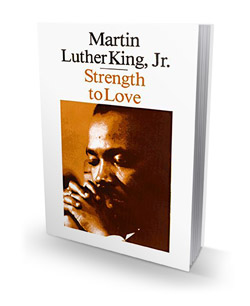 Strength to Love
Strength to Love
In these short meditative and sermonic pieces, some of them composed in jails and all of them crafted during the tumultuous years of the Civil Rights struggle, Dr. King articulated and espoused in a deeply personal compelling way his commitment to justice and to the intellectual, moral, and spiritual conversion that makes his work as much a blueprint today for Christian discipleship as it was then.
The Case for God
A nuanced exploration of the part that religion plays in human life, drawing on the insights of the past in order to build a faith that speaks to the needs of our dangerously polarized age.
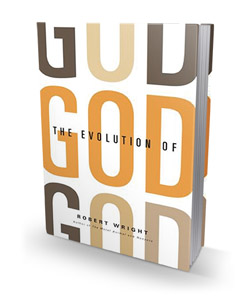 The Evolution of God
The Evolution of God
In this sweeping, dazzling journey through history, Robert Wright unveils a discovery of crucial importance to the present moment: there is a pattern in the evolution Judaism, Christianity, and Islam, and a “hidden code” in their scriptures.
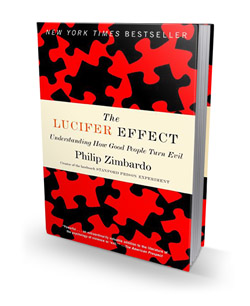 The Lucifer Effect
The Lucifer Effect
Understanding How Good People Turn Evil
Renowned social psychologist and creator of the Stanford Prison Experiment Philip Zimbardo explores the mechanisms that make good people do bad things, how moral people can be seduced into acting immorally, and what this says about the line separating good from evil.
The Third Jesus
The Christ We Cannot Ignore
By turning fresh eyes on the New Testament and returning to the essentials of Jesus’ message, Chopra shows how the third Jesus can truly transform our lives—and humanity.
Twelve Steps to a Compassionate Life
In this important and thought-provoking work, Karen Armstrong—one of the most original thinkers on the role of religion in the modern world—provides an impassioned and practical guide to helping us make the world a more compassionate place.
Time Magazine: Why Your DNA Isn’t Your Destiny
The new field of epigenetics is showing how your environment and your choices can influence your genetic code — and that of your kids.
